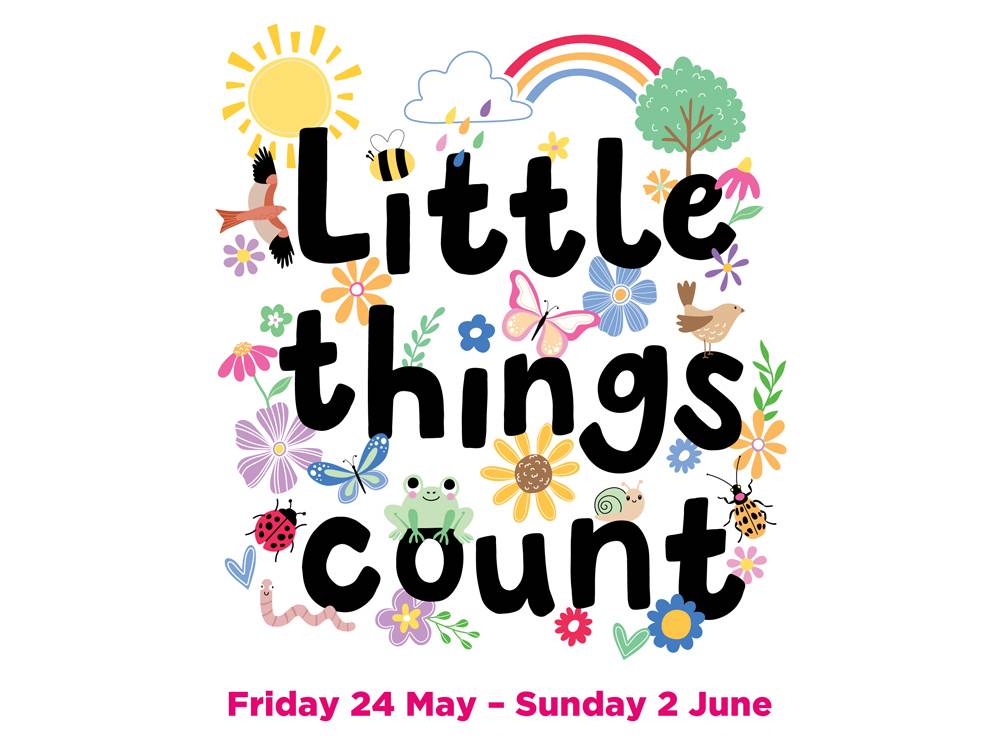Education
TOP STORIES

Guildford Shakespeare Company marks 20 years by expanding life-changing knife crime awareness work
Not only celebrating its 20th year in 2026, Guildford Shakespeare Company’s pioneering knife crime awareness programme has reached over 2,000 young people in its first term.

School open day questions
Off to a school open day? Pretend you’re back in the classroom and ask as many questions as you can

Enid Blyton’s Enduring Magic
This month, we’re celebrating the beloved author of some of the most iconic children’s stories ever written & giving you the chance to win books.

Claire Davis’s journey of discovery
Fleet author celebrated the launch of her new book last month telling of a journey in more ways than one

School open days: The big question
Choosing your child’s next school is a big decision so make sure you know what to ask at an open day

Education Guide Autumn 2025
Read more articles in our 2025 Education Guide

Wallingford School pupils aiming high!
It’s not just our local independent schools on target to help students thrive. Archery is among the sports enjoyed by Wallingford School pupils

Advice for deer on the road
Radnage expert James Darley offers advice on what to do if you hit a deer or find an injured animal

Biodiversity Fun
This May half term, The Lexicon has teamed up with garden and nature specialists Little Muddy Boots, to demystify the meaning of biodiversity for children, in a fun and engaging way.

Sports Marketing In The Digital Age
The digital age has brought about a significant change in the way sports marketing operates.

Biodiversity Fun
This May half term, The Lexicon has teamed up with garden and nature specialists Little Muddy Boots, to demystify the meaning of biodiversity for children, in a fun and engaging way.

Biodiversity Fun
This May half term, The Lexicon has teamed up with garden and nature specialists Little Muddy Boots, to demystify the meaning of biodiversity for children, in a fun and engaging way.

Sports Marketing In The Digital Age
The digital age has brought about a significant change in the way sports marketing operates.

Biodiversity Fun
This May half term, The Lexicon has teamed up with garden and nature specialists Little Muddy Boots, to demystify the meaning of biodiversity for children, in a fun and engaging way.

Sports Marketing In The Digital Age
The digital age has brought about a significant change in the way sports marketing operates.
No posts found
No posts found
No posts found

ABOUT US
Over the Years

2025
Round & About now have 31 editions reaching over 620,000 homes each month
22 employees, and over 600 businesses advertising each month
2019
The team won gold for Commercial Team of the Year and Regional Media Brand of the Year
at the British Media Awards 2019
2016
Round & About held
the first of two SO
Food Festivals
in Wallingford in September






